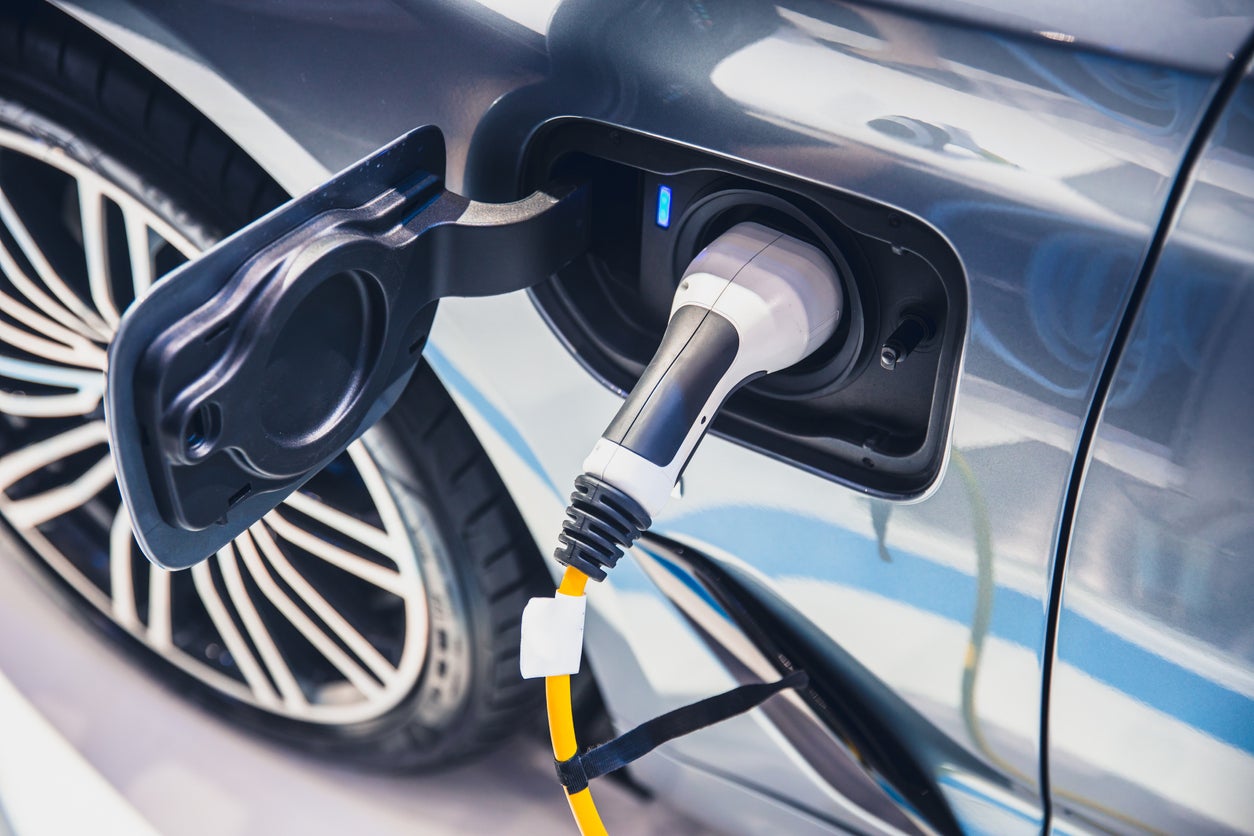As interest in electric vehicles continues to wane, Ford has announced that it will change direction and move further away from adding more EVs to its line up; ironically, the company will instead invest in building more heavy, gas hog trucks.
Ford announced on July 18 that its Ontario production plant, which was going to be retooled to produce electric vehicles, will now focus on Super Duty trucks weighing between 13,800 and 22,000 pounds and run solely on gasoline.
In its statement, Ford also announced that the $1.3 billion originally earmarked for EV production will now go towards building those trucks.
This decision is a boon to out-of-work industry workers as the company will invest around $2.3 billion into the Super Duty truck production overall and will be hiring 1,800 workers to operate the plant a year earlier than expected.
The Tesla truck has been derided as a “toaster on wheels” and potential buyers of the Mustang Mach E roundly pan the vehicle as not looking anything like a traditional Mustang, although people who own the vehicles love the instant torque.
What they don’t love is having to stand at a charging station for eternity to restore the vehicle’s juice.
Under pressure from the government, virtually every car manufacturer began selling EVs, hoping that sales of zero emission cars would balance out its sales of gas guzzlers to conform to ever tightening emission standards.
In fact, Infiniti, Chrysler, Suzuki, Buick and Lincoln are the only major brands that have resisted offering EVs; at least two of those companies remain teetering near bankruptcy and lack the capital to invest in research and development needed to produce an EV.

This year, Buick finally showed up to the party with its Envista Avenir, however, they too may find out that customers are not RSVPing to the party.
According to AAA’s Greg Brannon, director of automotive research, it appears that the original hype regarding EVs seems to have worn off with consumer interest in purchasing EVs dropping sharply. AAA’s most recent study found that only 18% of U.S. adults say they would be “very likely” or “likely” to buy a new or used EV and a whopping 63% said they would never consider buying an EV.
“Early adopters who wanted an EV already have one,” Brannon said. “The remaining group of people who have yet to adopt EVs consider the practicality, cost, convenience, and ownership experience, and for some, those are big enough hurdles to keep them from making the jump to fully electric.”
Meanwhile, sales of hybrid vehicles remain strong, mainly due to the fact there are no range issues. Hybrid vehicle batteries are recharged by the engine and do not have to be hooked up to a charger for hours.
The slow growth of the EV market will likely have an economic impact in Georgia, which has become a hotbed of EV battery production.
According to the Georgia Department of Economic Development, Hyundai, Kia and Rivian have invested billions in the state to produce batteries for their models; however, unless the downward trend suddenly turns in the opposite direction, even those manufacturing behemoths may find it necessary to scale back their investments.
It is also likely that the manufacturers may have to walk back their commitments to go all-electric by 2030, if they want to stay in business, that is.
Throughout auto history, it seems that the government and car makers themselves have never learned that with capitalism, demand comes first and supply second.
See you on the road!
Scott Hudson is the Senior Investigative Reporter and Editorial Page Editor for The Augusta Press. Reach him at scott@theaugustapress.com











